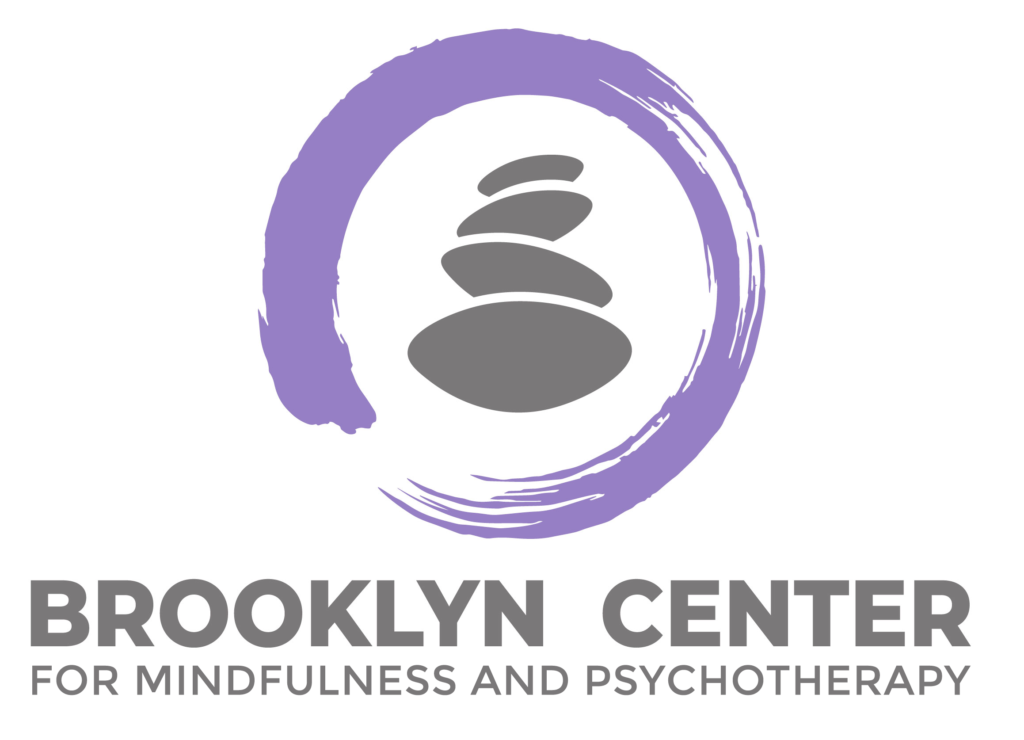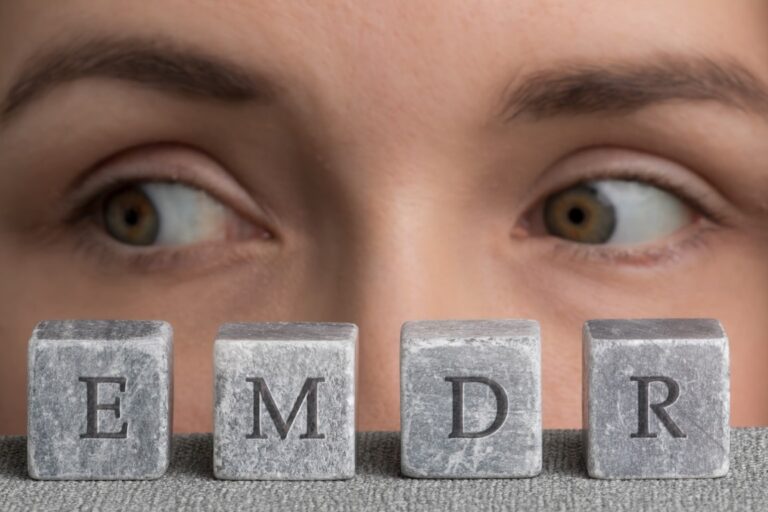Welcome to our blog, where we delve into the captivating world of therapeutic techniques and help you navigate the diverse landscape of options available in New York City. This article will explore different therapeutic approaches, empowering you to find the perfect fit that resonates with your unique needs. Whether you’re seeking traditional talk therapy, alternative methods like art or music therapy, or innovative practices such as cognitive behavioral therapy (CBT) or mindfulness, our goal is to equip you with the knowledge and insights to embark on a transformative healing journey. Join us as we unravel the tapestry of therapeutic techniques and discover the one that best suits you.
What is a Therapeutic Technique?
Mental health professionals use a therapeutic technique to help individuals address and overcome emotional or psychological challenges. These techniques can vary depending on the specific needs of the individual and may include cognitive-behavioral therapy, dialectical behavior therapy, psychodynamic therapy, and more. In New York, many licensed therapists specialize in various therapeutic techniques and offer services to those in need. These professionals work with their clients to develop personalized treatment plans that address their unique challenges and help them achieve their goals for emotional wellness.
Exploring Different Therapeutic Techniques
New York City is known for its diverse and vibrant therapeutic community, offering various therapeutic techniques and approaches. Here are some popular restorative practices you can explore in New York:
- Cognitive-Behavioral Therapy (CBT): CBT is a widely used approach that identifies and changes negative thought patterns and behaviors. It helps individuals develop healthier coping strategies and promotes positive life changes. Many therapists in New York specialize in CBT.
- Psychodynamic Therapy: Psychodynamic therapy explores unconscious patterns and unresolved conflicts that may contribute to emotional distress. Therapists using this approach help clients gain insight into their feelings and behaviors, fostering personal growth and self-awareness.
- Mindfulness-Based Therapy: Mindfulness-based therapies, such as Mindfulness-Based Stress Reduction (MBSR) and Mindfulness-Based Cognitive Therapy (MBCT), integrate meditation and mindfulness techniques to help individuals manage stress, anxiety, and depression. Numerous therapists and mindfulness centers in New York offer these approaches.
- Acceptance and Commitment Therapy (ACT): ACT focuses on accepting complex thoughts and feelings while committing to actions aligned with personal values. It emphasizes mindfulness, self-compassion, and developing psychological flexibility. Many therapists in New York practice ACT.
- Eye Movement Desensitization and Reprocessing (EMDR): EMDR is a specialized therapy for treating trauma and post-traumatic stress disorder (PTSD). It involves bilateral stimulation (e.g., eye movements) while recalling traumatic experiences to help process and reframe the associated emotions. EMDR therapists can be found in New York.
- Art Therapy: Art therapy combines creative expression with therapeutic techniques to support emotional healing and self-discovery. New York has numerous art therapy studios and trained art therapists who utilize various art modalities to facilitate growth and healing.
- Dialectical Behavior Therapy (DBT): DBT is an evidence-based therapy often used to treat borderline personality disorder and other conditions characterized by emotional dysregulation. It combines individual therapy, group skills training, phone coaching, and mindfulness practices. Many therapists in New York specialize in DBT.
- Family Therapy: Family therapy involves working with families to address relational issues, improve communication, and resolve conflicts. New York has family therapists who support and guide families experiencing difficulties.
What are the Benefits of Using a Therapeutic Technique?
Therapeutic techniques can benefit individuals seeking mental health support in New York or anywhere else. Here are some of the key advantages:
- Improved Mental Health: Therapeutic approaches help individuals cope with various mental health conditions, such as anxiety, depression, trauma, or substance abuse. Through therapy, individuals can gain insights into their thoughts, emotions, and behaviors, leading to better mental well-being.
- Enhanced Coping Skills: Therapeutic techniques equip individuals with effective coping mechanisms to deal with life’s challenges. They learn healthier ways to manage stress, regulate emotions, communicate, and solve problems, increasing resilience and overall functioning.
- Personal Growth and Self-Exploration: Therapy provides a safe and non-judgmental space for self-reflection and self-exploration. It allows individuals to understand themselves better, their values, and their goals. This process can lead to personal growth, increased self-esteem, and a stronger identity.
- Relationship Improvement: Therapy can help individuals improve their relationships, whether it be with partners, family members, friends, or coworkers. Through therapy, individuals can develop better communication skills, establish healthy boundaries, and enhance empathy and understanding, leading to more fulfilling and satisfying connections with others.
- Stress Reduction: Therapeutic techniques often involve relaxation and stress-reduction strategies such as deep breathing exercises, mindfulness, or meditation. These techniques can help individuals manage stress, reduce anxiety, and promote overall emotional well-being.
- Problem-Solving and Decision-Making: Therapy provides a structured and supportive environment for individuals to discuss challenges, explore different perspectives, and develop effective problem-solving and decision-making skills. This can be particularly helpful when facing difficult life transitions, career choices, or relationship dilemmas.
- Increased Self-Awareness: Therapy encourages self-reflection and introspection, enabling individuals to become more aware of their thoughts, emotions, and behavior patterns. This heightened self-awareness can lead to positive changes as individuals gain the ability to recognize and modify unhealthy or unhelpful habits.
- Emotional Regulation: Therapeutic techniques assist individuals in understanding and managing their emotions in healthier ways. This can involve identifying triggers, learning dynamic regulation strategies, and developing resilience to navigate challenging emotions better.
- Supportive Environment: Therapy provides a supportive and confidential space where individuals can openly express their feelings, concerns, and experiences. The therapeutic relationship can be a valuable source of support, fostering a sense of validation, empathy, and understanding.
- Long-Term Well-being: The benefits of therapeutic techniques can extend beyond the therapy session. By equipping individuals with tools and skills to address their mental health, therapy can help promote long-term well-being and prevent future relapses or difficulties.
How Do Therapeutic Techniques Work?
Therapeutic techniques are designed to help individuals cope with mental and emotional challenges. In New York, various therapeutic approaches are available, including cognitive-behavioral therapy, psychodynamic therapy, and mindfulness-based therapies.

Cognitive-behavioral therapy (CBT) is a technique that focuses on changing negative thought patterns and behaviors. It helps individuals learn how to identify and challenge negative thoughts and beliefs, which can lead to improved mood and behavior. Psychodynamic therapy, on the other hand, explores unconscious thoughts and emotions to gain insight into one’s behavior patterns. Mindfulness-based therapies teach individuals how to be present at the moment and accept their thoughts and feelings without judgment. By utilizing these techniques, therapists in New York can help individuals overcome a wide range of mental health issues and improve their overall well-being.
How to Choose the Correct Therapeutic Technique for You?
Choosing the proper therapeutic technique is an important decision that can significantly impact your mental health journey. In New York, many therapy options are available, each with its unique approach and benefits. To choose the correct therapeutic technique for you, it’s essential to consider your individual needs and preferences.
One option is cognitive behavioral therapy (CBT), which focuses on identifying and changing negative thought patterns contributing to mental health issues. CBT is effective in treating anxiety disorders, depression, and other conditions. Another option is psychodynamic therapy, which explores how past experiences and relationships may impact current behavior and emotions. This type of therapy can benefit individuals struggling with relationship issues or trauma.
It’s also important to consider the therapist’s approach and style when selecting a therapeutic technique. Some therapists may take a more directive approach, providing specific guidance and procedures to address mental health issues. Others may take a more non-directive approach, allowing clients to explore their thoughts and feelings at their own pace. Ultimately, the proper therapeutic technique for you depends on your needs, goals, and preferences.

Tips for Getting the Most Out of Therapy Sessions With Your Chosen Technique
If you’re seeking therapy, finding a technique that resonates with you is essential. Different methods work for other people, so take the time to research and choose a therapist who specializes in a manner that aligns with your needs. Once you’ve found the right therapist and technique, several tips will help you get the most out of your therapy sessions.
Firstly, be honest and open with your therapist. It’s essential to establish trust and rapport with your therapist so that you can feel comfortable sharing your thoughts and feelings. Remember that therapy is a safe space to discuss anything without fear of judgment or repercussions. Secondly, set goals with your therapist. Discussing what you hope to achieve from therapy can guide your sessions and your therapist. By setting realistic goals, you can track your progress over time and see the positive changes in your life.
Conclusion
In conclusion, exploring different therapeutic techniques at Brooklyn Mindful in New York is a transformative experience that empowers individuals to find the right fit for their unique needs. With diverse evidence-based modalities and compassionate practitioners, Brooklyn Mindful offers a safe and nurturing environment for self-discovery and healing. Whether you’re drawn to cognitive-behavioral therapy, mindfulness-based practices, or somatic experiencing, their dedicated team is ready to guide you toward mental and emotional well-being. Take the first step towards a more fulfilling life by contacting Brooklyn Mindful today, and unlock the potential for profound personal growth and positive change.




